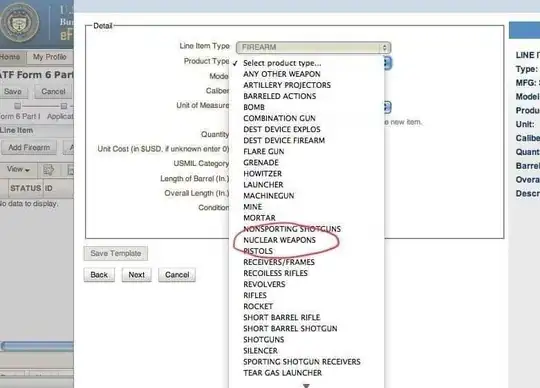By no means is this meant to be a full answer, but it also cannot be a comment, so consider this a supplementary.
The United States Bureau of Alcohol Tobacco Firearms, and Explosives (ATF) is responsible for enforcing federal firearms regulations, including what's been defined in law as a "destructive device".
Back in the first days when e-filing was introduced, the ATF's electronic "Form 1" submission (the application to create a firearm, or excplosive), did indeed have the option to submit a form 1 for a "NUCLEAR WEAPONS". This option no longer exists today, at least not on any e-forms that are available to the public.

While this does not speak to an individual right (Form 1 is exclusively for firearms manufacturers or importers, however this does not have to be a corporation, and take the form of an individual), it does mean that there exists private entities who are able to legally manufacture and own nuclear weapons.
After all, the government doesn't actually make their own nukes from the bottom up. This would require the millitary to own a large portion of the industry in the United States. Instead, they enlist the assistance of many private companies to aid in the manufacturing of these devices, so they do have to be made, and at least temporarily, owned by a private entity.
